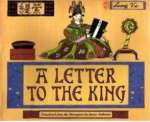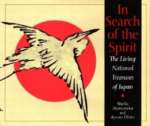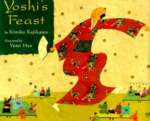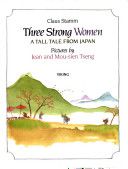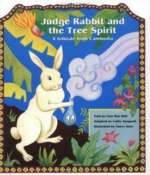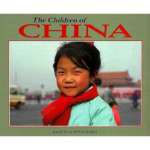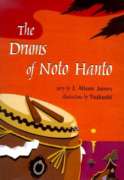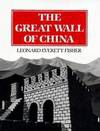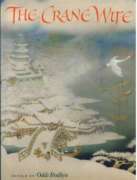
When Osamu, a lonely sail maker, nurses an injured crane one blustery night, he never suspects that this simple act of kindness will change his life forever. Weeks later a mysterious woman arrives on his doorstep, seeking shelter from a storm. Osamu again offers his help, and soon the sail maker and the stranger fall in love and marry. But when he learns of his wife’s gift for making magic sails, ambition replaces compassion–and Osamu risks losing the great happiness he has found. With majestic paintings and lyrical prose, this classic Japanese tale speaks to readers of all ages with its timeless lessons on the nature of kindness, love, and betrayal.

